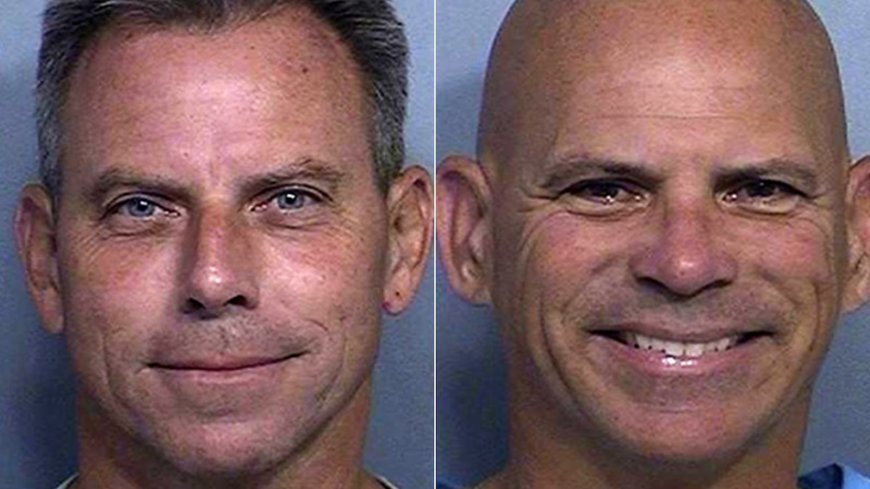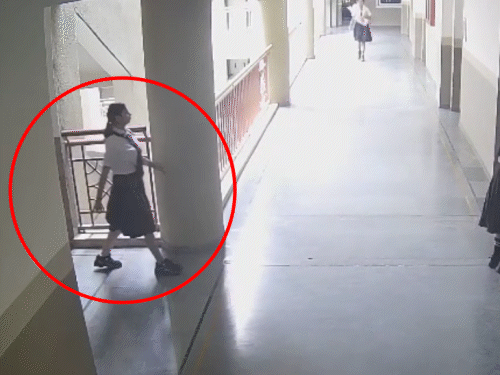Brothers at the Brink: The Menendez Parole Hearings Illuminate Justice, Redemption, and Reckoning
After their 2025 resentencing, Erik and Lyle Menendez face parole hearings for the first time in nearly 30 years. Their fate depends on evidence of remorse, prison behavior, and California's parole and gubernatorial review process.

After nearly three decades behind bars, Erik and Lyle Menendez are facing a moment that seemed unimaginable mere months ago: genuine hope for release. Their high-profile parole hearings, held via videoconference from a San Diego prison, mark the first time their cases have returned to the spotlight since their 1996 convictions. The shift stems from a landmark 2025 resentencing under California law, which made them immediately eligible for parole. AP News+1
Youth, Abusive Allegations, and a Shift in Sentencing
In May 2025, a judge reduced the brothers’ sentences from life without parole to 50 years to life, applying California’s youthful offender criteria—both were under 26 when they committed the crime. This change triggered their eligibility for parole reviews. The GuardianPeople.com
Erik and Lyle have long claimed they acted in self-defense after enduring years of sexual and emotional abuse by their father. Prosecutors dismiss these claims as posthurts rationalizations made to avoid punishment. The resentencing reignited debate over those assertions. The GuardianPeople.com
Redemption, Rehabilitation, or Irreversible Harm?
Beyond the sensational backdrop, these hearings focus acutely on whether the brothers have evolved beyond the destructive acts they committed. The parole board scrutinizes factors such as:
-
Their behavior and conduct in prison, including educational programs and leadership roles.
-
Evidence of insight and genuine remorse, as opposed to repeated self-serving narratives.
-
Risk to public safety should they be released—a threshold the board must rigorously assess. AP News+1
Supporters, including family members, have pointed to decades of stable conduct and personal growth. Meanwhile, District Attorney Nathan Hochman opposes parole, contending the brothers continue to avoid full accountability for what he regards as premeditated murders. AP News+1
The Process: From Hearing Room to Governor’s Desk
Both brothers appeared separately before the parole board via video, where the panel will issue preliminary decisions. If parole is recommended:
-
Chief Counsel Review: The board’s legal team has up to 120 days to vet the decision for errors.
-
Governor’s Decision: California’s governor, currently Gavin Newsom, has 30 days to affirm, reject, or modify the parole recommendation. CDCRLos Angeles Times
Governor Newsom has remained circumspect, noting his desire not to be swayed by media portrayals. Given his prior history in denying parole for high-profile figures, a cautious approach is expected. Fox NewsLos Angeles Times
The Cultural Echo of a Case
This saga has captured public fascination for over three decades, spawning documentaries, dramatizations, and renewed interest amid evolving cultural attitudes toward trauma, youth offenders, and the treatment of abuse survivors. Supporters have rallied—some traveling to California courts, others writing public letters—emphasizing the brothers’ transformation and challenging the finality of their original sentences. AP NewsPeople.com
Yet, the controversy remains vigorous. The hearings stand as a flashpoint between demands for justice and the potential for redemption. Regardless of the outcome, the case has resumed its place in national discussions about how the legal system honors both accountability and change.
What's Your Reaction?
 Like
0
Like
0
 Dislike
0
Dislike
0
 Love
0
Love
0
 Funny
0
Funny
0
 Angry
0
Angry
0
 Sad
0
Sad
0
 Wow
0
Wow
0






































































